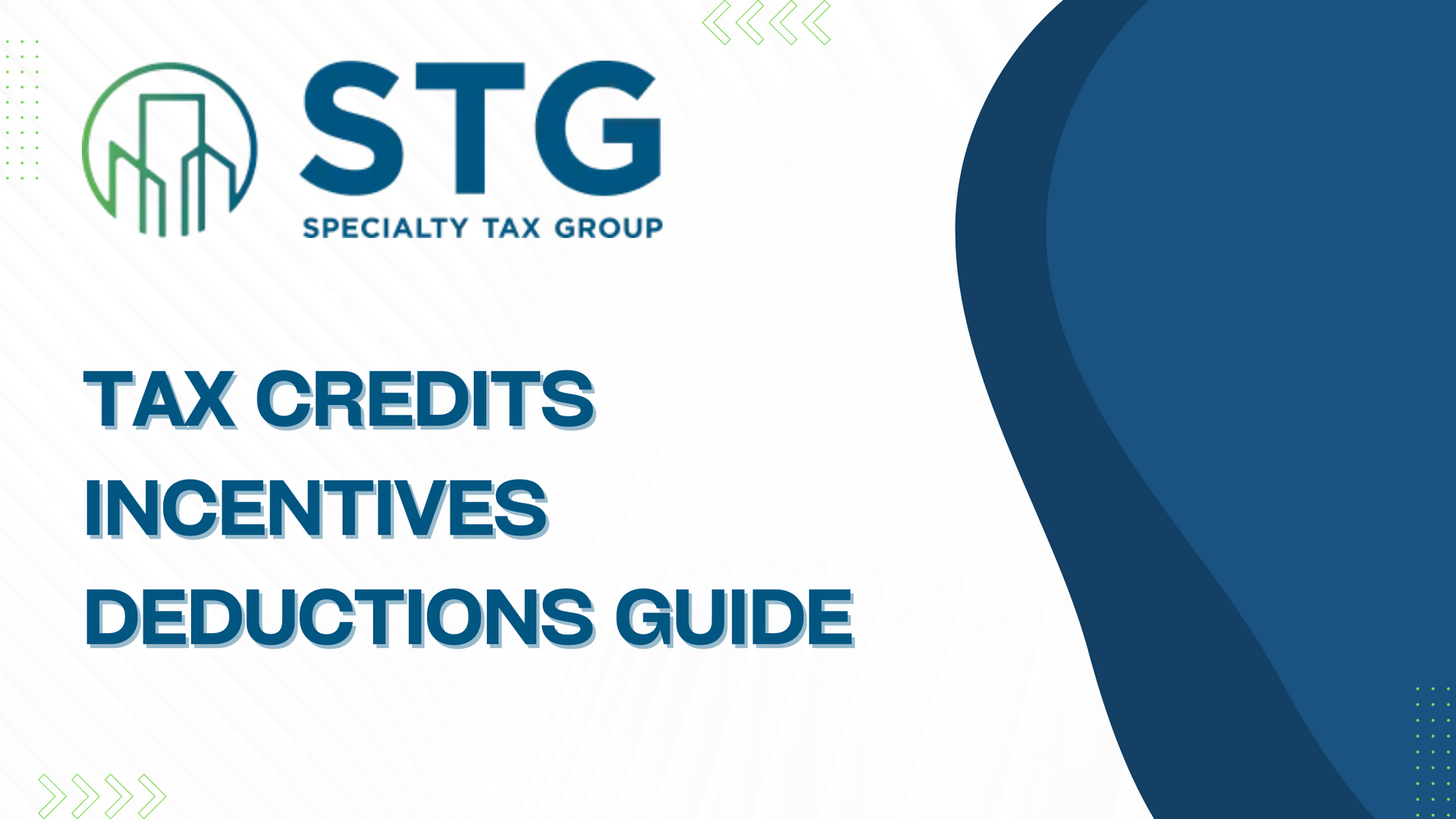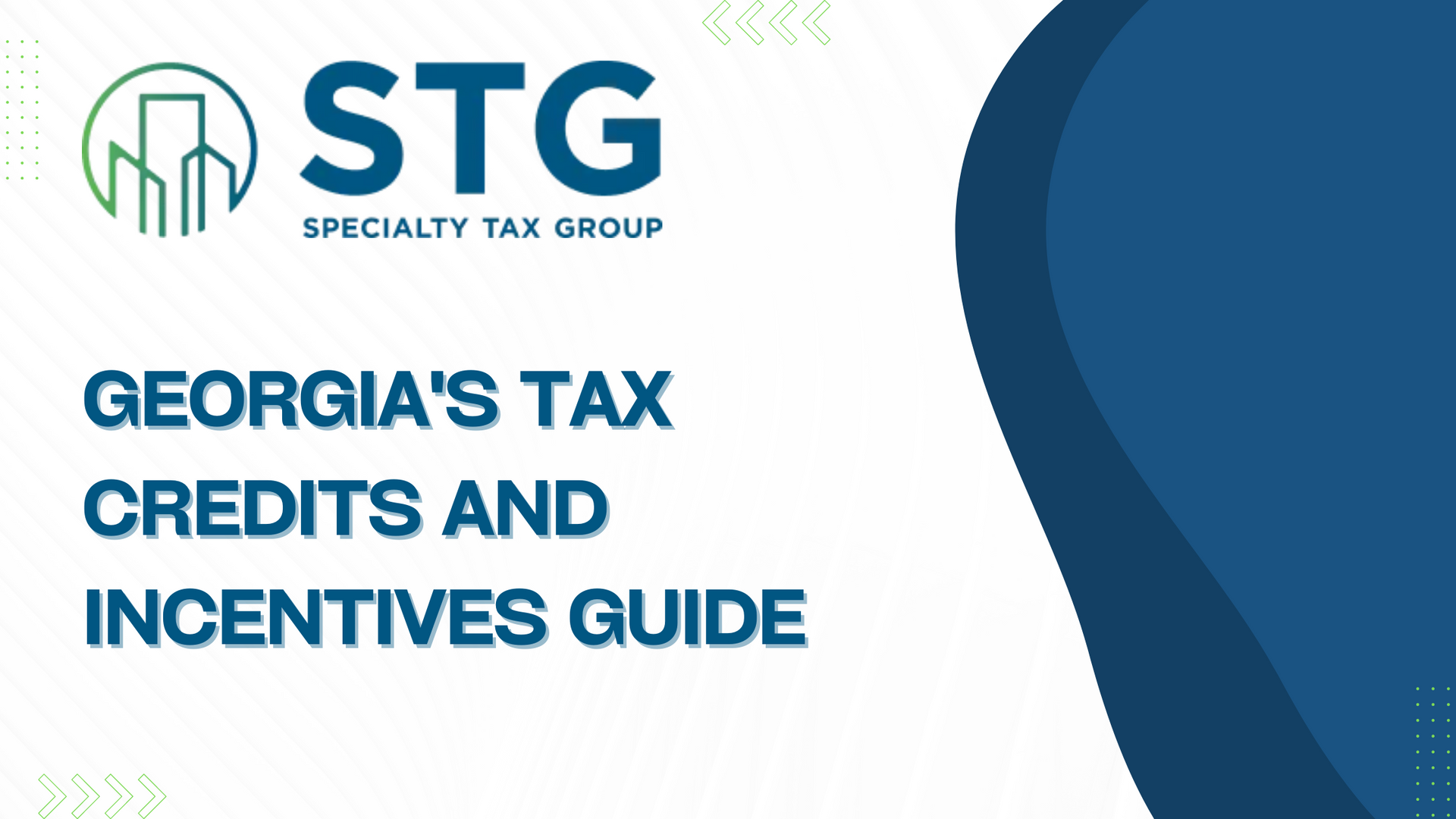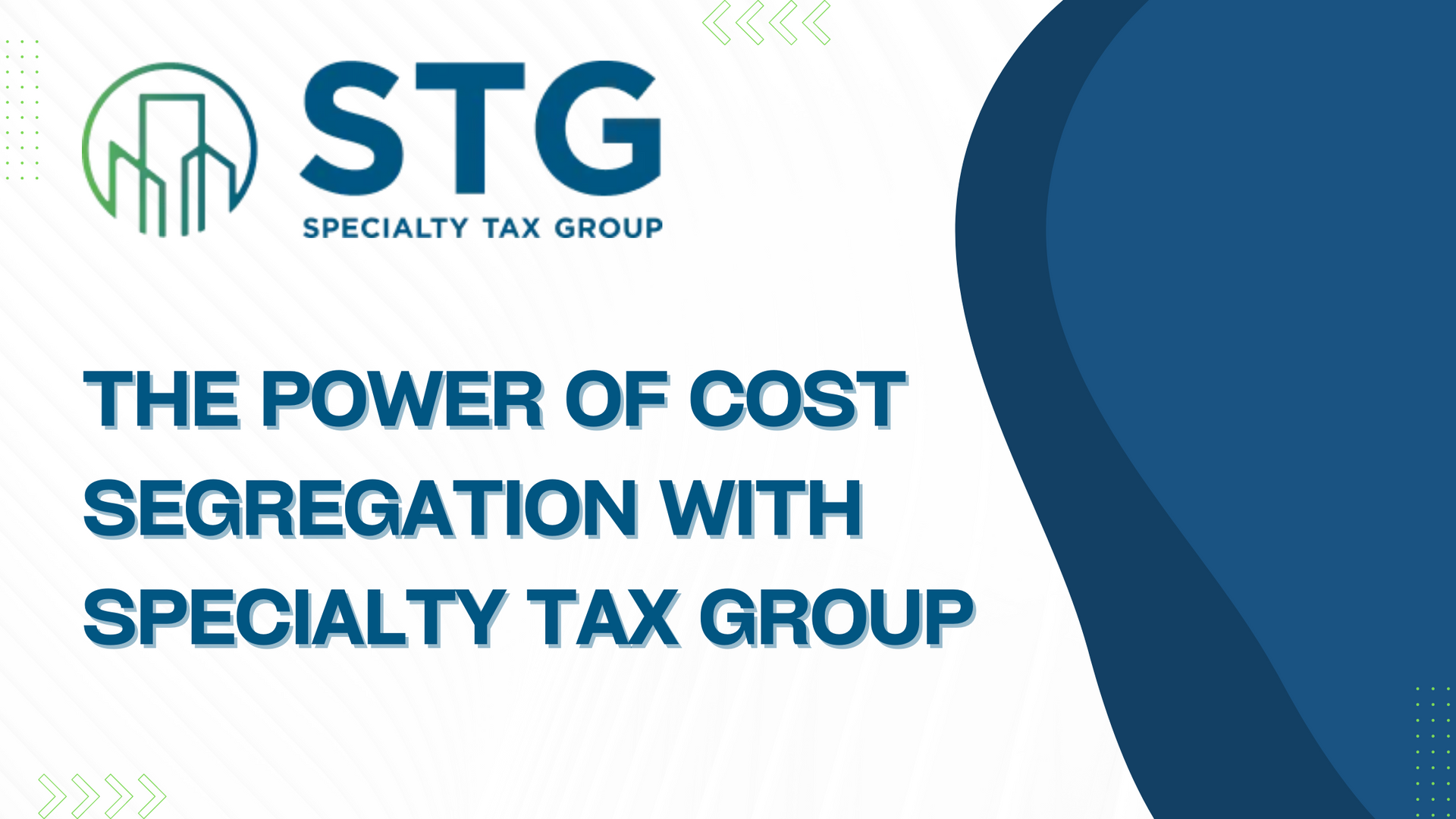SPECIALTY TAX GROUP
ACCOUNTING METHODS
LEARN MORE
Accounting Methods
An accounting method is the method by which income and expenses are reported for taxation purposes. A change in accounting method includes any change in the taxpayer’s overall method of accounting (e.g., cash to accrual), but also includes changes in the treatment of any “material” item. The IRS requires taxpayers to choose an accounting method that accurately reflects their income and to be consistent in their choice of accounting method from year to year. As a tax planning tool, accounting methods help taxpayers implement cost segregation studies and energy efficiency incentives, adopt beneficial provisions of the Tangible Property Regulations, and numerous other tax minimization strategies. Accounting methods also help taxpayers correct improper methods to maintain tax compliance or to eliminate audit risk.
There are several accounting method changes that are extremely valuable to taxpayers. For example, changing depreciation methods from a Cost Segregation Study can vastly increase the timing of deductions and improve cash flow. Adopting the numerous favorable provisions of the Tangible Property Regulations allows taxpayers to retroactively review expenditures that were capitalized and identify ones that can be treated as immediately deductible repair and maintenance expenses, such as replacing roof membranes, resealing parking lots, and replacing of HVAC components. Using the §179D Energy Efficient Commercial Building Deduction allows taxpayers to immediately deduct up to $1.80/SF for investments in efficient lighting systems, HVAC and hot water systems, and the building envelope.
An accounting methods optimization study strategically assesses a company’s current tax accounting periods and methods among permissible alternatives, which may allow for increased cash flow and improved financial results.
Ready For A Conversation?
Contact us today and our friendly team will reach out as soon as possible.
Our Recent Posts
Read Our Blogs
All Rights Reserved | Specialty Tax Group | Powered by Automationlinks | Privacy Policy




